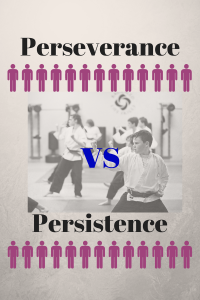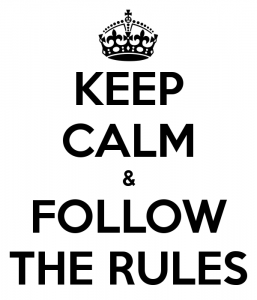 My first look at persistence was not a positive one. As a parent I remember persistence only in an annoying way. I can only remember being asked for something or to do something until I could not stand it anymore. If you have children now – you know what I am talking about. Can I…, I want this… it just goes on and on from our kids. It doesn’t get easier when they get older. As a young teen they want to go here and there and do things – some of which just do not work for us parents either schedule wise or philosophically. But with persistence they attempt to wear us down till they get the answer they want.
My first look at persistence was not a positive one. As a parent I remember persistence only in an annoying way. I can only remember being asked for something or to do something until I could not stand it anymore. If you have children now – you know what I am talking about. Can I…, I want this… it just goes on and on from our kids. It doesn’t get easier when they get older. As a young teen they want to go here and there and do things – some of which just do not work for us parents either schedule wise or philosophically. But with persistence they attempt to wear us down till they get the answer they want.
It is that experience that makes me remind our students over and over again that respect is hearing the answer NO and accepting it for the final answer. Or if we are practicing assertiveness asking for the reason – but on getting that answer, accepting it as the parents best they can do at that time. There is a big difference between persistence and nagging.
Persistence however is a great quality that we want to encourage in our children, may I say also in ourselves. Persistence is continuing to study, asking questions until we understand, practicing and asking for help – not giving up even when our brain is giving us excuses for not continuing.
Balancing persistence with respect for others is a practice for us to have. For children the respect they show for parents and their right to make decisions is a part of a healthy family. For those who are married or in a relationship, balancing the needs of our spouse or family with our own persistence for reaching a goal we have is showing respect. At the same time, respecting the goals of our spouse and allowing them the space to be persistent in their personal goals is part of a healthy relationship.
Persistence will help us reach the end of our life and know that we have applied ourselves to the things that are important to us and not feel as if we caved in to the pressures around us. Nagging or ignoring the needs of others is simply annoying.





